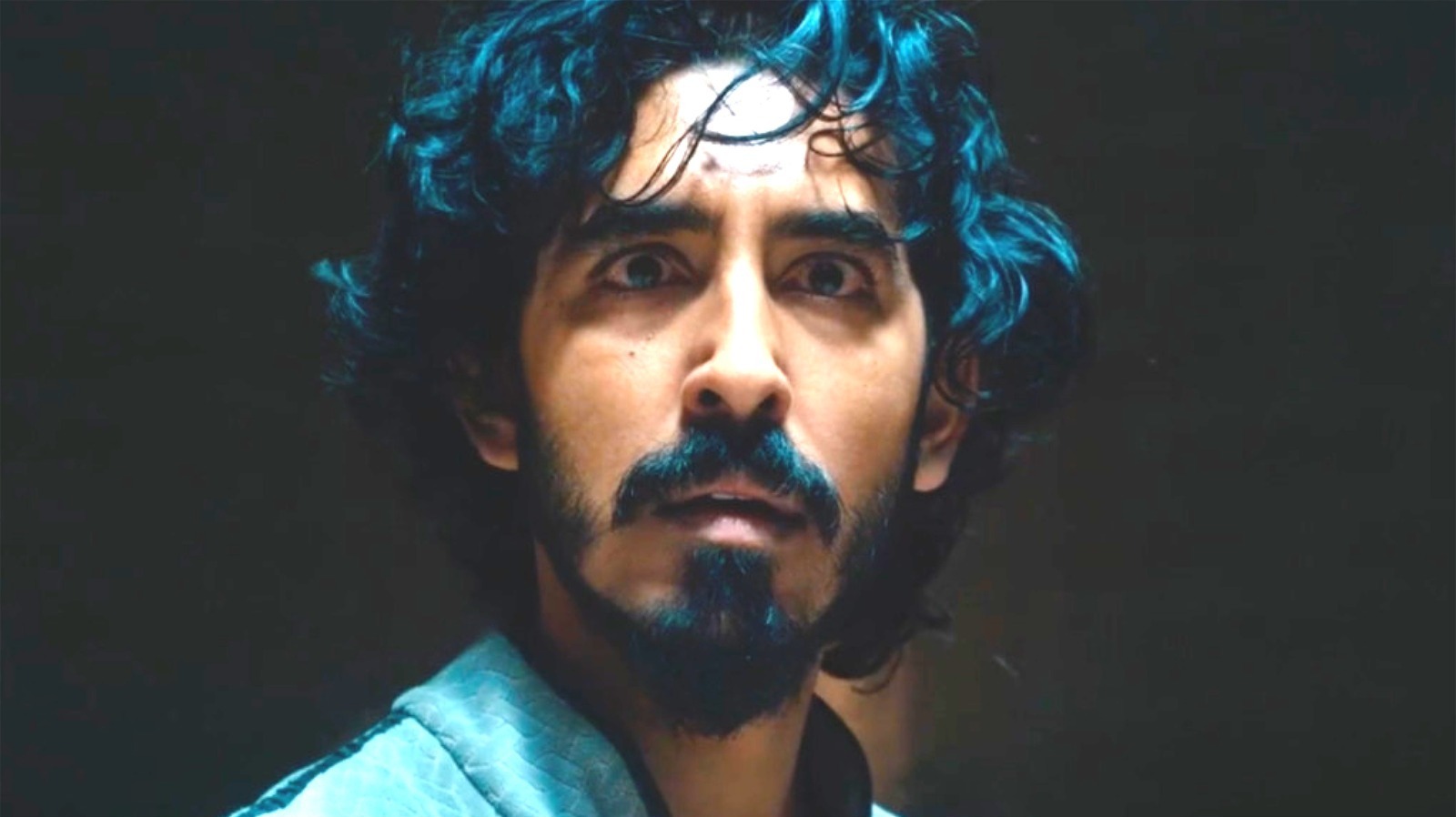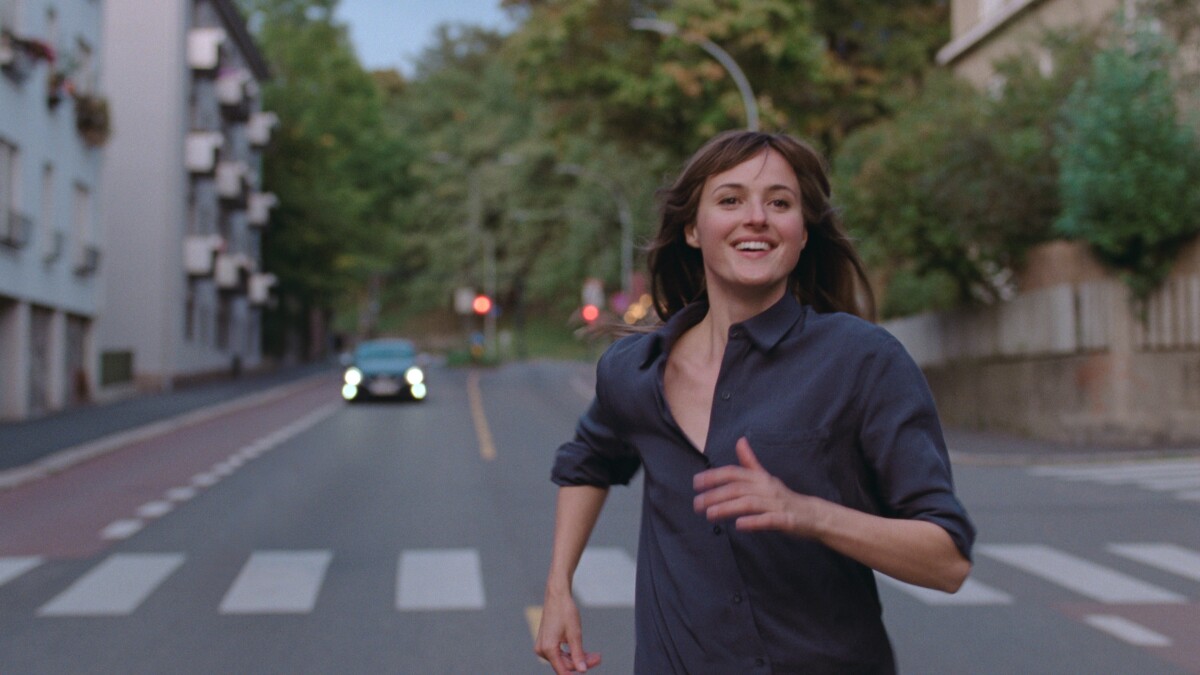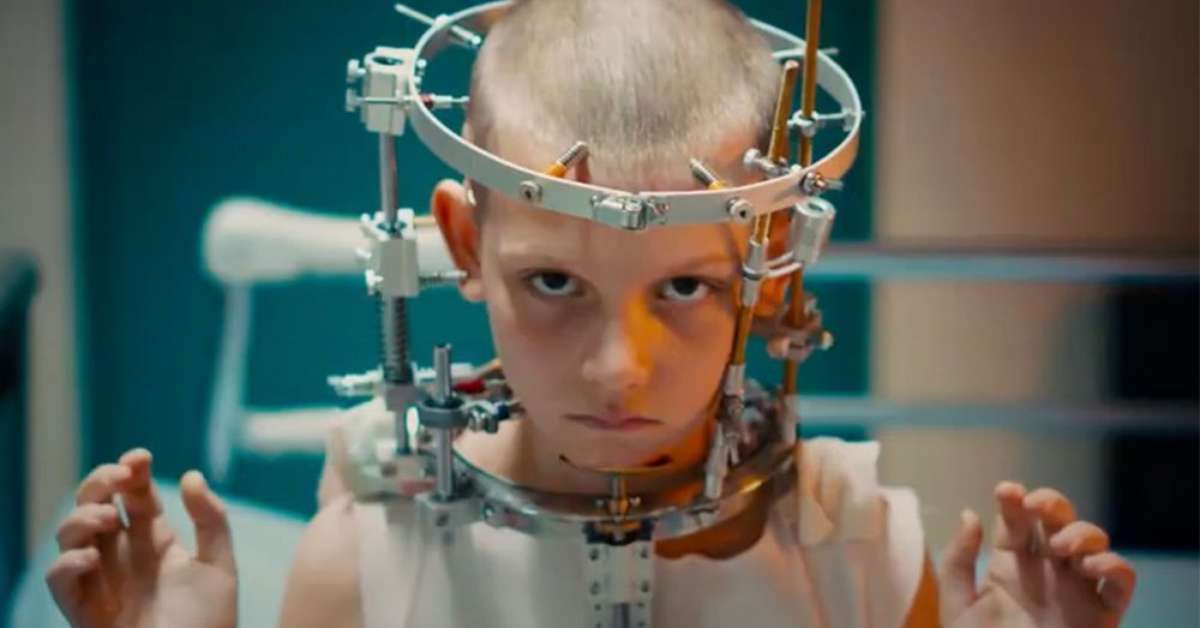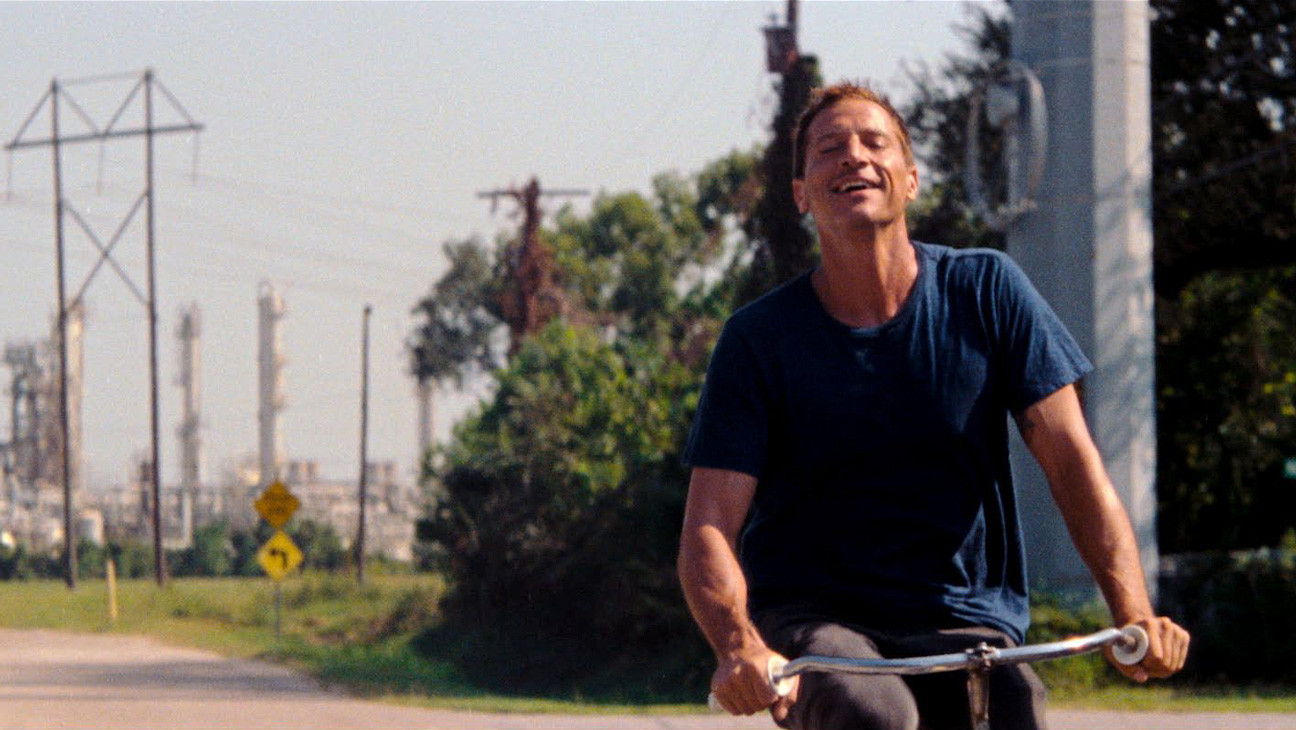
Dating back to their very first edition almost a century ago, the Academy Awards have triggered heated arguments and endless debates among film fans. By virtue of the ceremony’s cultural weight and global exposure, even the staunchest of cynics can’t help but feed off the yearly tradition of discussing which movies were recognized, which of them were undeserving and which should have made the cut instead. The awards season heavily leans towards tentpole releases that make a strong push to promote themselves in the biggest stages, and as a result, modest productions that can’t buy their way in often fall between the cracks.
The 2021 Best Picture shortlist has proven to be no exception. Once again, the Academy has turned a blind eye to some of the most daring titles of the year, coming up instead with a string of bland remakes, sappy biopics and vapid satires that reeks of corporate conformity and has been mostly greeted with shrugs of indifference. This present list aims to put a spotlight on those films that were wrongly ignored — as a result of poor marketing, the Academy’s popularity bias or otherwise — but which nevertheless won our hearts in the past twelve months.
1. The Worst Person in the World

Bong Joon-ho’s historic sweep at the 2019 Oscars made great strides in terms of broadening the horizons of casual western viewers and removing at least some of the chronic stigma still attached to foreign-language films. Minari and Drive My Car — two Asian-speaking productions that earned Best Picture nominations in subsequent years — seem ample proof of this cultural breakthrough. And yet, Hollywood still has a long way until fully overcoming the one-inch-tall barrier of subtitles.
The latest casualty of the Academy’s woefully insular jury is The Worst Person in the World — a full-blown existential thesis delivered in the guise of an episodic rom-com that centers around a neurotic young woman. Joachim Trier’s film can’t be labeled as nihilist nor idealist — the film is rather pragmatic in the way it covers adulthood, love, guilt and self-doubt through her deeply flawed yet relatable lead. Her spiritual endeavors remain unique yet universal; classic yet contemporary, most of them triggered by the same societal expectations placed on women around her age.
Mid-life crises are unequivocally one of the most played-out narratives in cinema, so one is inclined to dismiss The Worst Person in the World almost by default. Though full of insights and revelations, the film never deals in platitudes. Trier deftly circumvents the didactic takeaways so common in this sort of films by reaffirming the obvious: that life is too grand and messy of a journey to fit into any kind of strait-laced narrative.
2. Titane

There’s no escaping the fact that the Academy tends to favor focus-tested crowd-pleasers over transgressive stuff that might be something of an acquired taste. Taking this into account, Titane’s absence from their final ballot is hardly surprising, but no less disappointing. At first glance, Julia Ducournau’s tour de force might seem better suited for sleazy, midnight screening crowds than highbrow award juries — a visceral thriller cut from the same cloth as Cronenberg’s mechanical body horror that takes every generic convention in the book only to flip it on its head.
Delving too deep into plot specifics is a sure way to spoil most of its fun. “French woman gets impregnated by car” is a terrific hook, but a reductive one that undervalues the strong emotional backbone holding the whole film together. At its core, Titane is a poignant domestic drama that probes into the meaning of family, gender and repressed trauma by forcing us to challenge all of our preconceived notions about these aforementioned terms. The flaming hot Palme d’Or winner is certainly not for the faint of heart. It’s an unpredictable, skin-crawling rollercoaster that doesn’t simply grab your attention — it demands it outright.
3. The Green Knight

This year’s Best Picture shortlist featured a sci-fi adaptation that rests entirely upon deconstructing the archetypal ‘hero’s journey’ and most precisely, deglorify the way we blindly worship charismatic leaders and build fervid followings around their legacies. There’s no disputing that Dune deserved to be recognized, however, it’s unfortunate that the Academy seemed to forget about its equally-compelling counterpart in the fantasy genre.
The premise of The Green Knight is deceptively simple: Sir Gawain, King Arthur’s young and ambitious nephew, embarks on an epic quest to prove his worth and go down in the annals of history as a brave knight. Through this classic set-up, the film upends generic conventions by interrogating the driving force behind medieval folklore. Gawain’s pursuit of greatness is prompted by his desire to live up to the same chivalric code that encourages folly for the sake of glory. His journey suggests that goodness is, perhaps, just as admirable as any other heroic virtue.
That this film didn’t find many allies within the Academy hardly comes as a surprise. The fact that it refuses to cater to our expectations or spell out its themes openly — Adam McKay should take notes — may have hurt its chances, not to mention how leisurely it paces itself before sliding towards its powerful conclusion.
4. Shiva Baby

Emma Seligman’s electrifying debut accomplishes more in 77 minutes than most Oscar nominees do in twice the runtime. Her breakout film is irrefutable proof that simplicity is the ultimate sophistication — one location, a wild ensemble of characters and a nail-biting script is all it takes to deliver one of the most nerve-wracking and memorable experiences of the year. Shiva Baby puts us in the shoes of Danielle, a Jewish college student who has to contend with her over-judgmental relatives, estranged ex-girlfriend and secret sugar daddy all at once during a mourning service.
There’s a brazen vitality beaming through the whole story that feels contagious, a much-welcomed breath of fresh air in a year full of lifeless affairs. Shiva Baby lives between dark comedy and full-blown thriller, at the same time feeling awkwardly realistic yet something out of a sadistic fever dream. Everything that can go wrong goes wrong indeed, and there’s not a single moment where the viewer doesn’t feel on edge. The film keeps throwing us curveballs at every turn, waltzing its way into a loud crescendo that perfectly captures that overwhelming anxiety when you just wish you could crawl out of your skin.
5. Red Rocket

Sean Baker has made a name for himself as one of the most intriguing voices in contemporary American cinema with a rich body of work that never shies away from the bitter realities of adulthood. His films capture the minutiae of everyday life with ruthless realism, never resorting to cheap dramatization or banal moralizing in order to comment on contemporary problems and get their point across.
From transgender call girls, illegal immigrants and motel managers, Sean Baker’s stories cast a light on all the stranded souls living on the fringes of society, and who otherwise would seldom find on-screen representation. His latest slice of Americana takes place on the outskirts of a declining Texas town where Mikey, an over-the-hill porn star, returns home after trying his luck in Tinseltown for the past two decades. Simon Rex delivers the breakout performance of the year as a terribly toxic and self-centered anti-hero who desperately clings onto his niche fame and weaponizes his wit and charm to manipulate everyone around him — a character that for all his irredeemable qualities, you can’t get enough of.
Red Rocket is a better character study than The Power of the Dog, a better social satire than Don’t Look Up, a better romance than Licorice Pizza, and easily the most authentic story captured on celluloid this year.